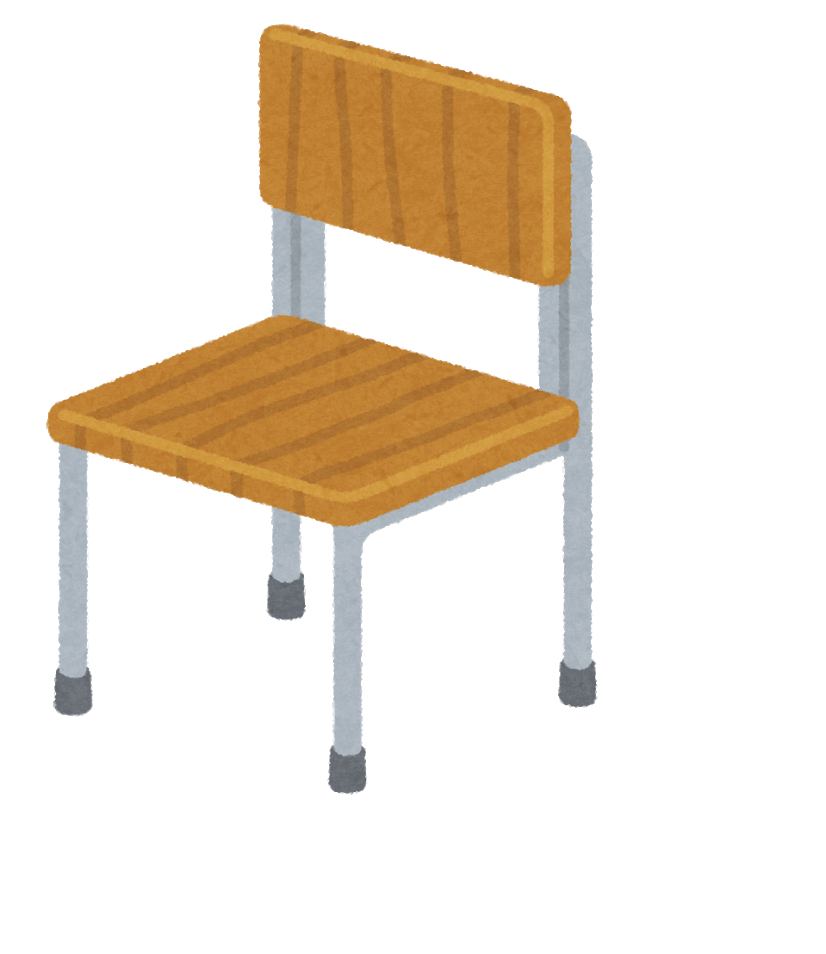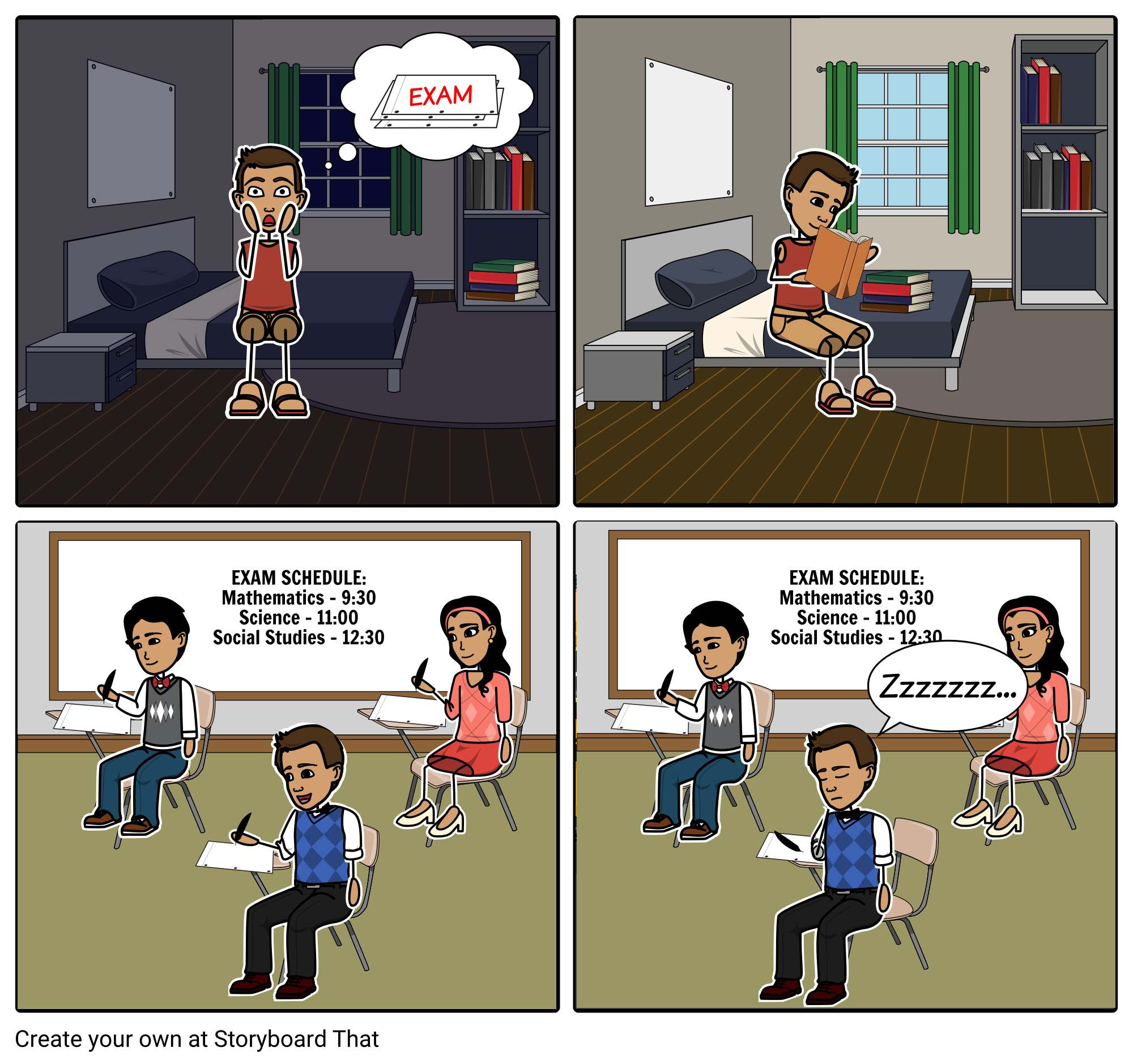1. Would you like to try extreme sports? Why?
Answer: ______________________________________________________________
2. What extreme sport would you like to try?
Answer: ______________________________________________________________
3. Do you think parents should allow their children to participate in extreme sports?
Answer: ______________________________________________________________
4. What do you think is the most dangerous extreme sport?
Answer: ______________________________________________________________
5. What do you think is the most exciting extreme sport?
Answer: ______________________________________________________________
6. Do you think people should risk their lives in doing extreme sports?
Answer: ______________________________________________________________
7. Do you agree that people should stop doing risky adventures?
Answer: ______________________________________________________________










